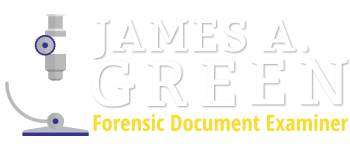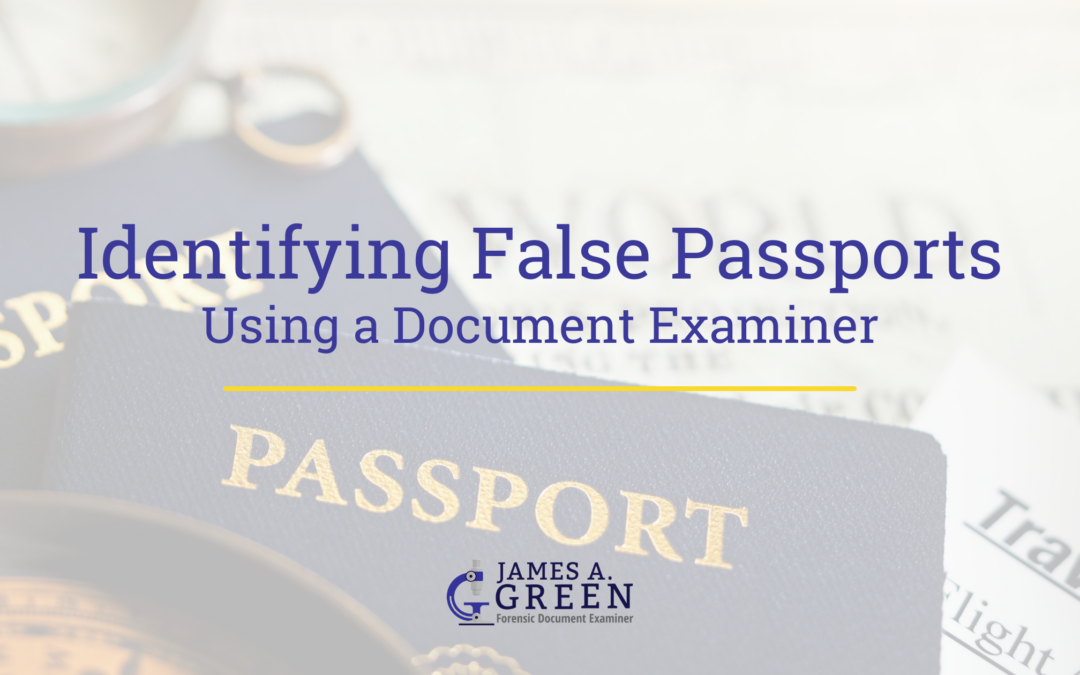In an increasingly globalized world, identifying false passports has become more critical than ever. From border security to international fraud prevention, the accuracy and authenticity of travel documents are essential to national safety and the integrity of legal systems. Document examiners—particularly those working with the Department of Homeland Security—play a vital role in detecting forged or altered passports at U.S. points of entry and beyond.
Security Features in Passports
Modern passports incorporate a wide range of overt and covert security features designed to prevent unauthorized duplication. These include:
-
Specialized inks (including optically variable and UV-reactive inks)
-
Complex fonts and microprinting
-
Unique printing techniques and layering methods
-
Security threads and watermarks
-
Substrates that go beyond traditional paper
Some of these features can be verified under UV or infrared light, while others are confirmed using magnification and advanced optical tools. The U.S. Department of State continues to enhance these protective elements, making counterfeiting increasingly difficult and detection more precise.
Technologies for Identifying False Passports
In addition to foundational handwriting and signature analysis, document examiners now rely on an array of advanced tools to uncover forgeries. These tools are part of a well-equipped forensic laboratory and may include:
-
Spectroscopy to measure subtle ink and color differences
-
Video spectral comparators to examine ultraviolet and infrared ink responses
-
Microscopes and magnifiers for inspecting fine print, alignment, and edge inconsistencies
-
Electrostatic detection devices to identify indentations or alterations
A full list of these essential tools and their applications is available on our Laboratory Instruments page.
Together, these technologies enable examiners to detect forged documents—such as passports—with greater speed and accuracy than ever before.
The Role of Document Examiners
Document examiners serve as a frontline defense against identity fraud and document-based crime. Their work ensures that falsified documents do not go unnoticed, protecting both national borders and local institutions. While federal agencies like Homeland Security depend on document examiners to detect forged passports, the same principles apply to state-issued identification such as driver’s licenses and other official documents.
Whether analyzing ink inconsistencies, comparing signatures, or identifying tampered pages, document examiners bring objective, science-based expertise to every case.
Suspect a False Passport?
If you’re dealing with a questionable passport or identification document, don’t make assumptions—consult a professional. Forensic Document Examiner James A. Green was trained at the Eugene Police Department and has over 34 years of experience in analyzing and testifying about questioned documents.
To discuss your concerns about identifying false passports, call 888-485-0832 or send a message today.

